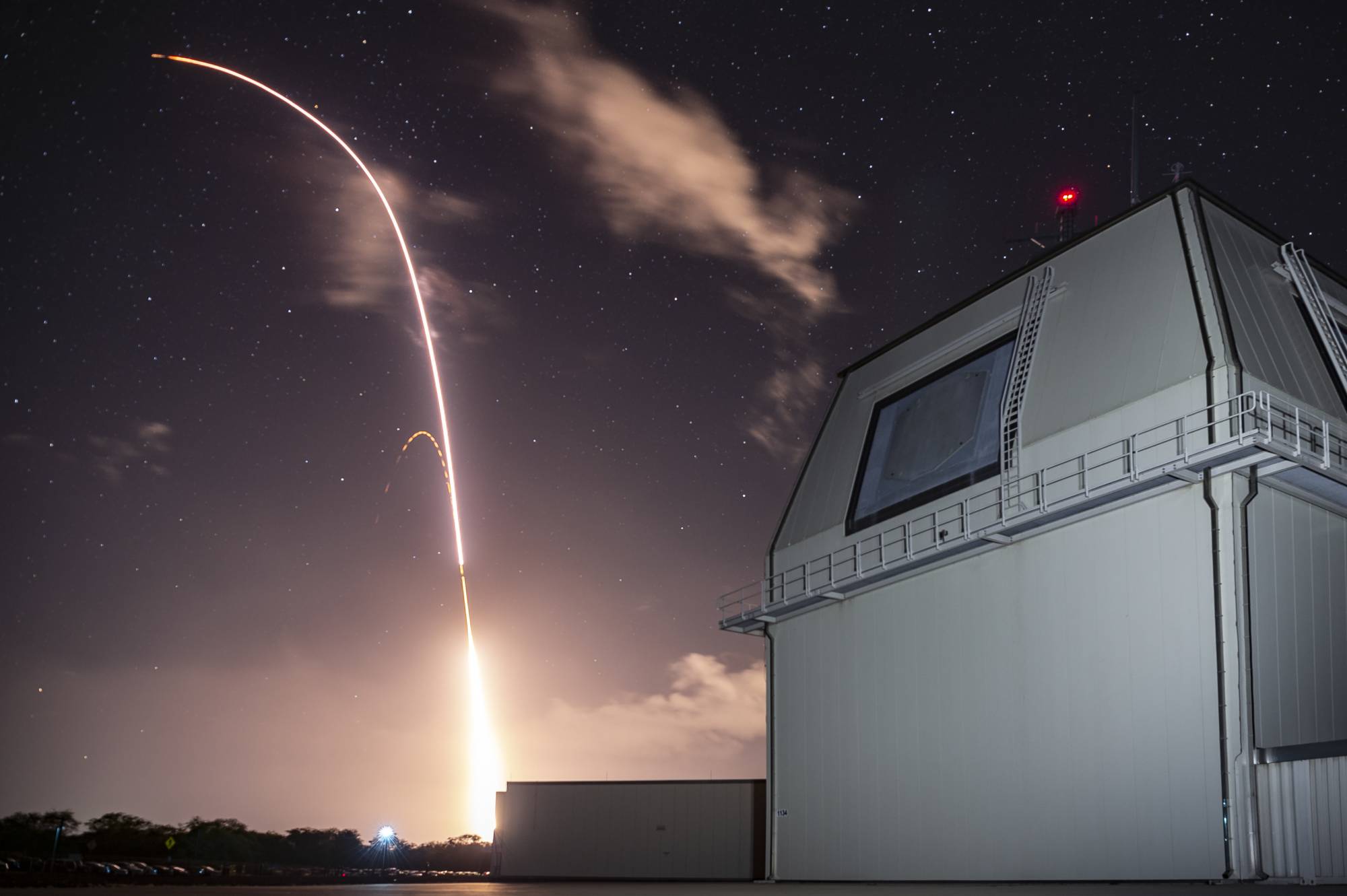Defense Minister Taro Kono has announced suspending the planned deployment of the Aegis Ashore ballistic missile defense system. Kono blamed cost and technical issues for the decision, neither of which will be going away.
That gives credence to reports that suspension is soon to become cancellation, which will force a rethink of Japanese (and U.S.) plans to defend the country (and forward deployed U.S. assets) against rapidly improving missile threats. Japan should use this as a moment of opportunity for fresh and clear-eyed thinking about the nation’s defense needs; done properly, this could improve cooperation with the United States rather than damage it.
The missile threat to Japan is real. The Defense Ministry’s 2019 white paper warned that North Korea has hundreds of ballistic missiles capable of hitting every part of Japan. That arsenal, in combination with Pyongyang’s nuclear weapons program, poses “a grave and imminent threat to the security of Japan.” China has an even larger number and variety of missiles that menace Japan and are integral to the success of its “anti-access/area denial strategy” which Beijing hopes will allow the People's Liberation Army to prevail in an armed conflict.

















With your current subscription plan you can comment on stories. However, before writing your first comment, please create a display name in the Profile section of your subscriber account page.